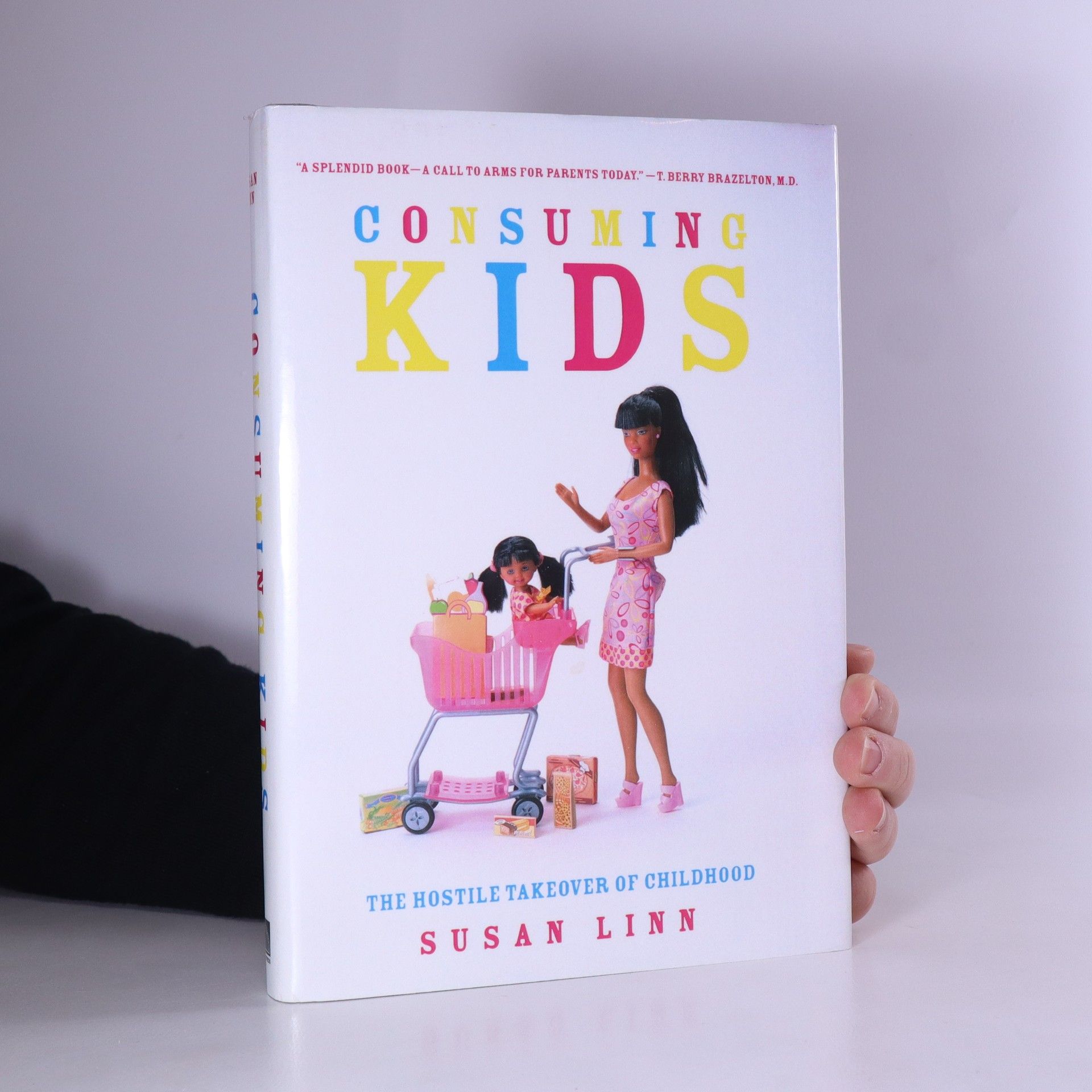The book presents a critical examination of how the tech and marketing industries exploit childhood, exacerbated by the pandemic's digital shift. It highlights the detrimental effects of excessive screen time and manipulative marketing tactics on children's development. With a blend of humor and compassion, the author offers a compelling social critique, alongside practical advice for parents on resisting corporate influences. The final chapters provide hopeful strategies for fostering a healthier environment for children, emphasizing the need for collective action to protect their well-being.
Susan Linn Boeken


Consuming kids: The hostile takeover of childhood
- 256bladzijden
- 9 uur lezen
Publisher's description: With the intensity of the California gold rush, corporations are racing to stake their claim on the consumer group formerly known as children. What was once the purview of a handful of companies has escalated into a gargantuan enterprise estimated at over $15 billion annually. While parents busily try to set limits at home, marketing executives work day and night to undermine their efforts with irresistible messages. In Consuming Kids, psychologist Susan Linn takes a comprehensive and unsparing look at the demographic advertisers call 'the kid market, ' taking readers on a compelling and disconcerting journey through modern childhood as envisioned by commercial interests. Children are now the focus of a marketing maelstrom, targets for everything from minivans to M & M counting books. All aspects of children's lives-their health, education, creativity, and values-are at risk of being compromised by their status in the marketplace. Interweaving real-life stories of marketing to children, child development theory, the latest research, and what marketing experts themselves say about their work, Consuming Kids reveals the magnitude of this problem and shows what can be done about it